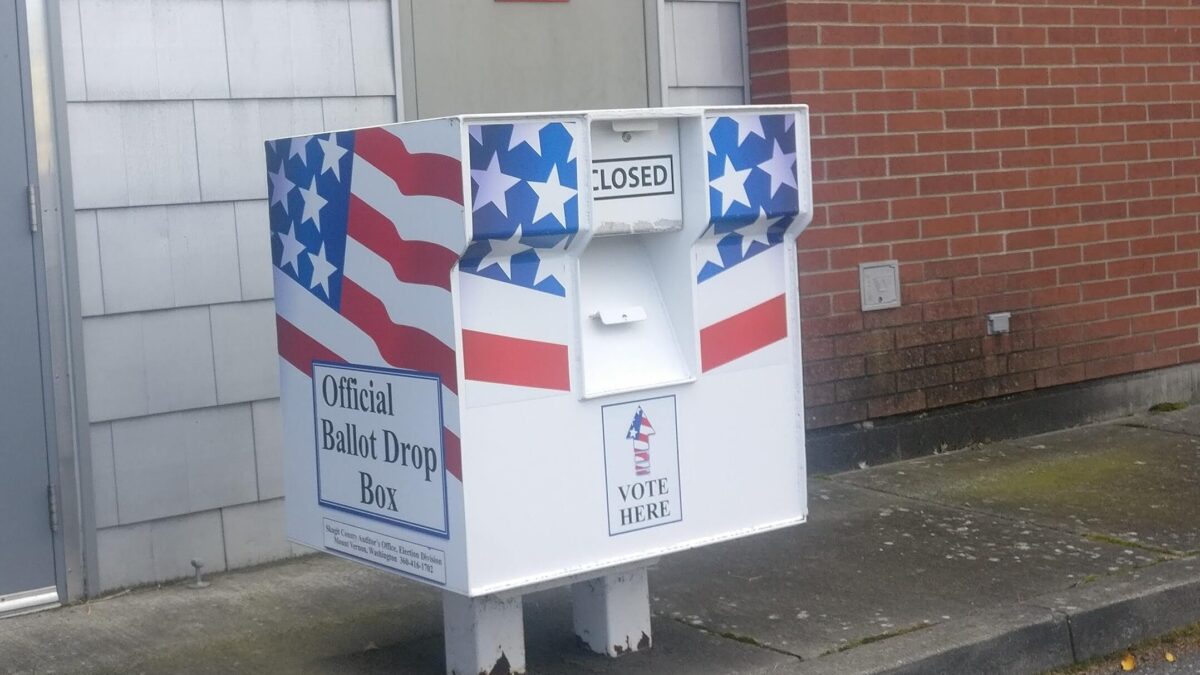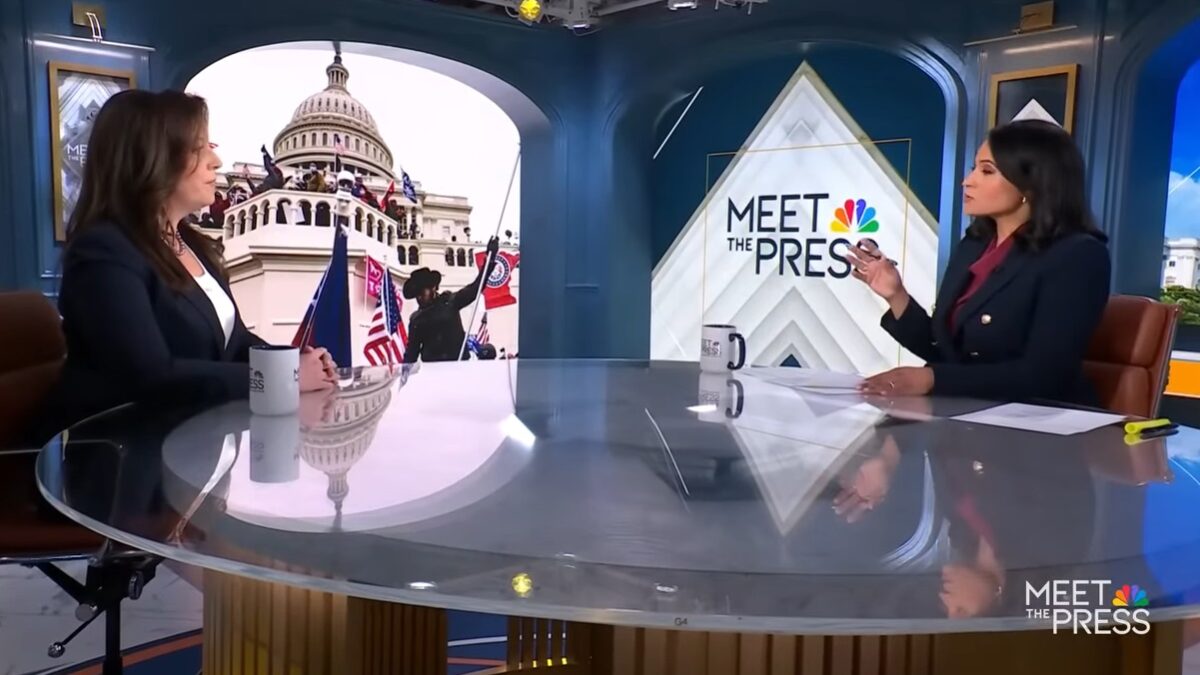Last week, federal prosecutors in Brazil filed charges against Glenn Greenwald, the media figure who heads the left-leaning outlet The Intercept Brasil. The complaint alleges that Greenwald committed “cybercrimes” by facilitating the release of leaked cellphone messages that indicated the existence of possible corruption amongst, ironically, a Brazilian anticorruption task force.
Last year, Greenwald’s publication produced articles challenging the neutrality both of a former judge and of several prosecutors who had been involved in a massive anticorruption probe that resulted in the imprisonment of numerous high-profile politicians and business giants.
One of the political figures targeted by the anticorruption investigation was none other than Luiz Inácio Lula da Silva, a left-wing politician regarded as one of the most popular presidents in Brazil’s history. Da Silva was eventually convicted and consequently barred from running for president in Brazil’s 2018 election, a result that ensured Jair Bolsonaro would become Brazil’s 38th president. In a gross and final twist, Sergio Moro, the judge who presided over da Silva’s case, now serves as Bolsonaro’s minister of justice.
Greenwald recently referred to the prosecutors’ allegations as “an obvious attempt to attack a free press in retaliation for the revelations we reported about Minister Moro and the Bolsonaro government.” And Greenwald is absolutely correct.
Under normal circumstances, I am the last person to be offering a full-throated defense of Glenn Greenwald. I disagree enormously with his politics, to the point of audibly groaning when I see one of his articles assigned for a class in law school. But he’s a journalist, albeit an unabashedly partisan one. As David Harsanyi conceded on the pages of National Review, you would be hard-pressed to find a contemporary journalist who isn’t operating under the guise of some hidden political agenda. Indeed, it is the nature of the media world in which we inhabit.
According to the New York Times, Brazilian prosecutors are alleging that Greenwald became part of a criminal enterprise by “encourag[ing] the hackers to delete archives that had already been shared with The Intercept Brasil, in order to cover their tracks.”
For Brazil to assign charges for the sharing of unclassified information when the individual in question worked to protect his sources and had no actual role in the hacking itself reeks of a banana republic. As Harsanyi noted, “Ask any American reporter, and they’ll happily tell you they would go prison to protect the name of sources who illegally pass on information to them.” If the judge presiding over the case doesn’t throw out the charges, Greenwald very well might.
At a time we hear perennially of how the American media is under attack by President Trump’s tweets, Greenwald’s case reminds us that there are journalists facing actual and serious abuse – to the point of possible imprisonment – all in a quest to perform their jobs. And it’s unusually telling that media outrage over Greenwald has been shockingly subtle.
Greenwald’s plight reminded me of Justice Black’s concurrence in New York Times Co. v. United States, where the Supreme Court vacated an injunction that would have stopped the New York Times from publishing further excerpts from the infamous Pentagon Papers, documents that revealed the level of dishonesty the Johnson administration had engaged in vis-à-vis Vietnam.
As Justice Black wrote then, “The Government’s power to censor the press was abolished so that the press would remain forever free to censure the Government. The press was protected so that it could bare the secrets of government and inform the people. Only a free and unrestrained press can effectively expose deception in government.” His words carry the utmost resonance today, particularly in parts of the world where press protections remain perpetually on thin ice.
Although legal scholars have voiced their doubts on whether Greenwald’s case will actually be prosecuted, his predicament nonetheless reveals the supreme importance of journalistic protections – and offers a reminder that we never take ours for granted here. G-dspeed, Glenn.









